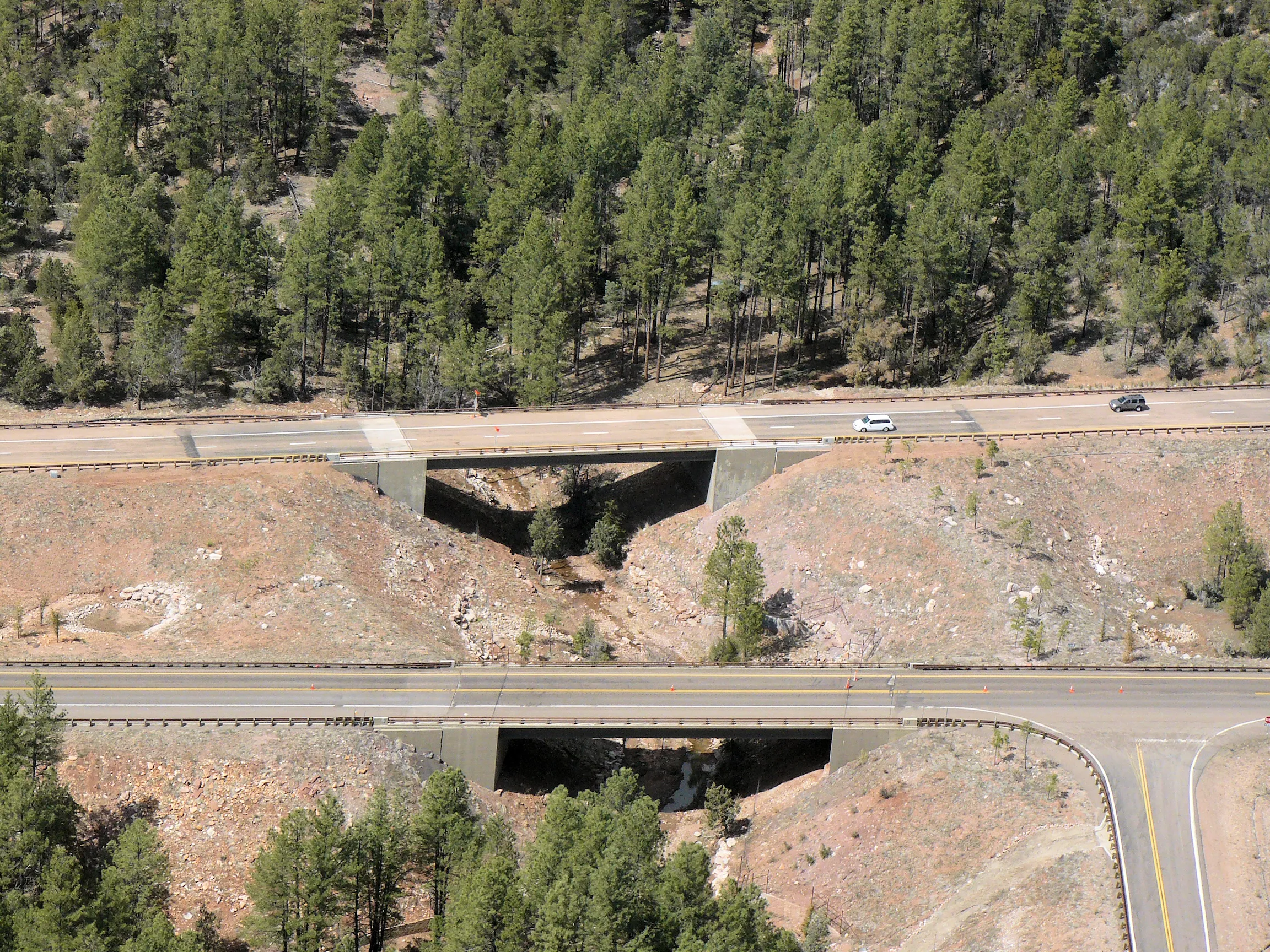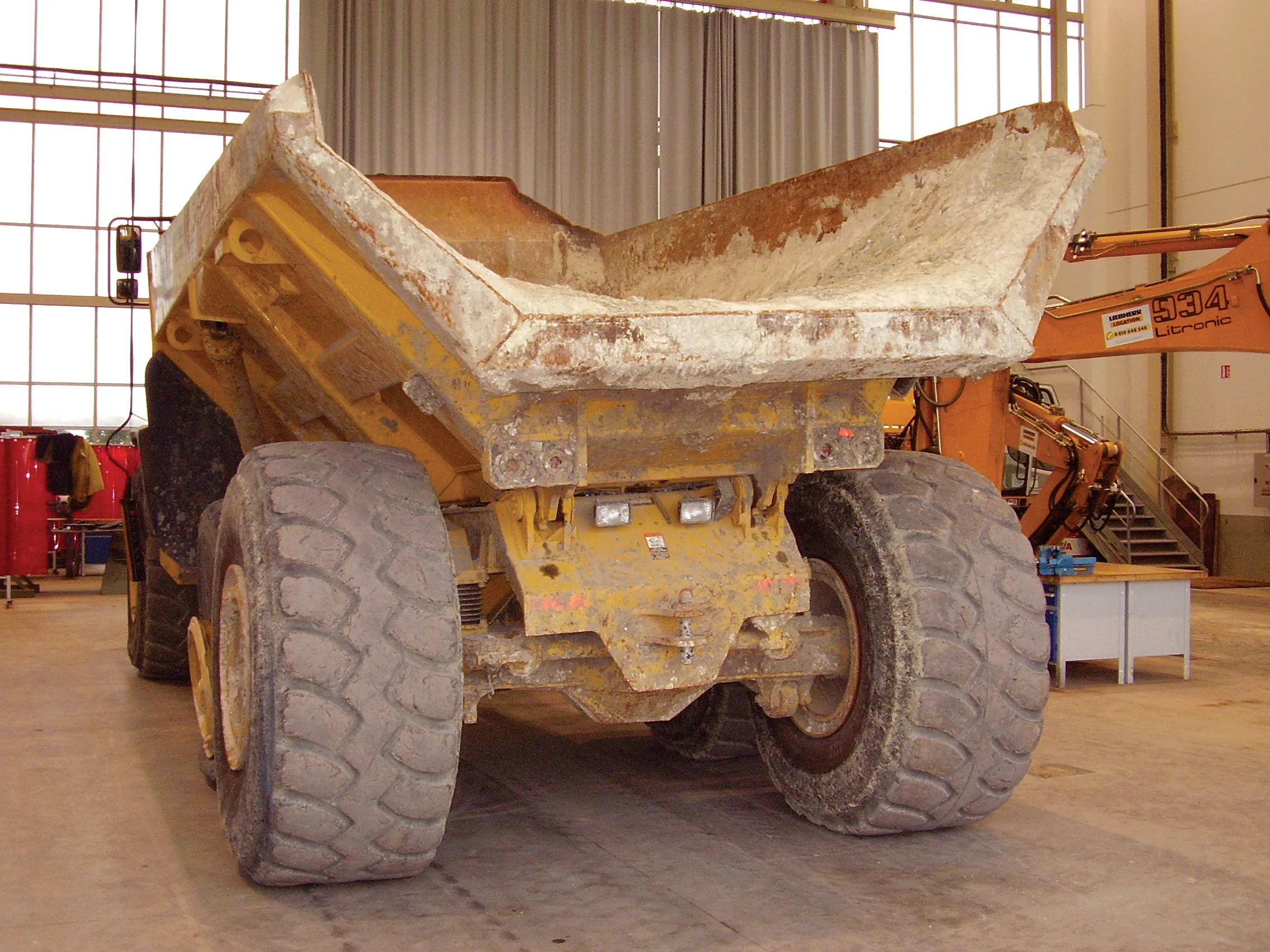The team building the Mersey Gateway bridge has reached the final of a UK national competition that recognises excellence in ecology and environmental management.
The project team entered this year’s Chartered Institute of Ecology and Environmental Management (CIEEM) Best Practice awards. The winners highlight outstanding examples of environmental management on large-scale projects.
The 2.13km Mersey Gateway Project, near Liverpool in England, has now been shortlisted as a finalist for the stakeholder engagement award. The 1,000m-long cable stay six-lane bridge consists of four spans supported from three towers in the environmentally sensitive estuary of the Mersey River.
Dr Mark Hampton, the project’s lead ecologist, said the awards recognised the highest standards of professionalism in environmental management across the project site and from Merseylink and its partners AECOM, Kier and the
“Preserving and improving the natural environment surrounding the project and wider areas was a priority from the beginning,” he said.
To reach the final the
“We demonstrated how we had worked with regulators to ensure the construction of the haul roads on the saltmarsh at the start of the project did not interfere with bird nesting season,” he said.
“Throughout the project we’ve taken steps to ensure transparent and timely access to information for the project stakeholders such as Natural England, the Environment Agency, the Marine Management Organisation, the Local Planning Authority and research institutions.
“We’ve made it our priority to inform, consult, involve and collaborate with these organisations but also to foster interest and engagement from the local community.
“This is done through community engagement events, the establishment of volunteer groups and working closely with local schools to promote the project’s environmental benefits.”
The CIEEM Best Practice awards will be held in London on June 21.
The Merseylink Consortium was appointed by Halton Borough Council as the project company in 2014, on a 30-year contract to design, build, finance and operate the project. Equity partners are Macquarie Capital Group, BBGI and FCC Construcción. The construction joint venture is made up of Kier Infrastructure and Overseas, Samsung C&T and FCC Construcción. Emovis will deliver and operate tolling solution for the consortium through its merseyflow brand.
Mersey Gateway shortlisted for the UK’s CIEEM ecology award
The team building the Mersey Gateway bridge has reached the final of a UK national competition that recognises excellence in ecology and environmental management.
The project team entered this year’s Chartered Institute of Ecology and Environmental Management (CIEEM) Best Practice awards. The winners highlight outstanding examples of environmental management on large-scale projects.
June 1, 2017
Read time: 3 mins







